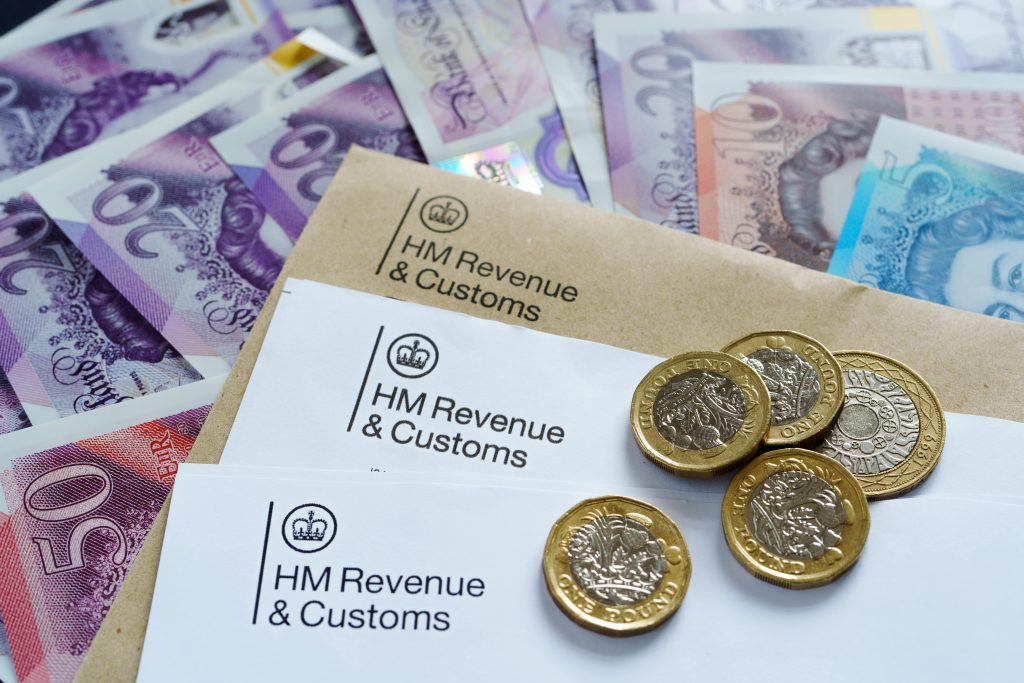Political upheaval has sent SMEs in search of new trading destinations. 2016 was an unpredictable year and small businesses in the UK have had to deal with a lot of uncertainty much of which is ongoing. In fact, almost a third of businesses have had investment decisions impacted by currency volatility compared to 23 per cent in Q3, according to World First’s SME Global Trade Barometer report for Q4 2016.
Yet in true entrepreneurial spirit, as SMEs slowed trading with the EU this was counteracted by SMEs increasing activity in other markets.
In Q4 of 2016, the number of SMEs with international trading destinations increased significantly with only 28 per cent disclosing that they did not make any foreign currency transfers in the average month, compared with 33 per cent in Q3.
The number of SMEs making multiple transfers also increased dramatically with 15 per cent of UK SMEs making over five currency transfers per month in the lead up to Christmas and year end. SMEs also made more big ticket transfers with 12 per cent revealing they made currency transfers of over £100,000.
Emerging markets and new trading destinations benefitted the most with payments to Mexico rising by over 56 per cent despite fears over Mexico’s economy following the election of Donald Trump as president.
Other markets that saw a significant increase in payments include Turkey (39 per cent), Ukraine (27 per cent), and the UAE (26 per cent).
It certainly seems that, despite the predictions of doom and gloom following the EU referendum, a greater number of SME owners are adopting a global outlook venturing further beyond our isles for suppliers and customers.
For example, Taylor & Hart, a business specialising in custom designed engagement rings, imports diamonds and jewellery and was subjected to the volatility of the weak pound after last year’s vote to leave the EU.
As soon as the pound dropped last year our customers lost value on what is a large purchase, so the average UK customer lost a lot of value. Initially many of our competitors who had a lot of stock appeared to be more price competitive than us because as an online company we do not hold stock. It took a few months for them to go through their inventory and begin importing new diamonds and therefore adjusting their prices upwards,” explained Nikolay Piriankov, CEO.
“This led to us looking at more export opportunities and growing our sales to another five countries, including the US, Canada, Australia, South Africa and New Zealand. Now that the dust has settled, we are extremely excited about expansionary strategy, which in some ways was accelerated by the currency depreciation following Brexit.
In fact, some small businesses are leaping at the global opportunities afforded to them by the weak pound.
?We export nearly 50 per cent of our beer to over 40 countries worldwide so obviously the devaluation of the pound against other currencies should help for export,” said Steve Magnall, CEO of St Peter’s Brewery.
?Other countries have their own problems and we play on a world stage, not just Europe.
Even though we are seeing an anti-globalisation rhetoric sweep across the West, business owners are embracing the opportunities that trading internationally brings.
From Portugal to Peru, UK SMEs are increasingly buying, selling and working across borders.
























































































































































